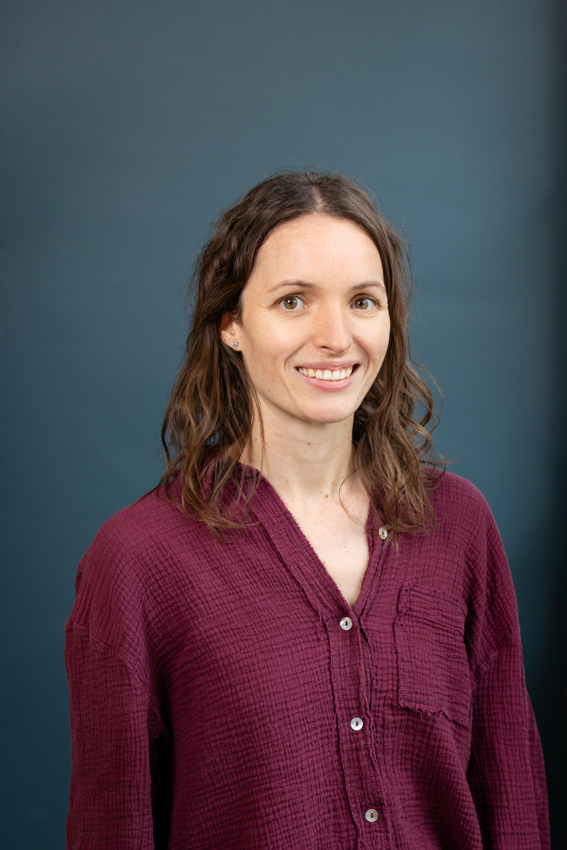LASAD: Language Attitudes in the Swiss Anglophone Diaspora
Project Description
Exploring the intersection of language and migration, the LASAD (Language Attitudes in the Swiss Anglophone Diaspora) project investigates how moving to and residing in a non-anglophone country influences language attitudes, language experiences, and multilingualism of English speakers.
Migrants made up 281 million of the global population in 2020 (World Migration Report 2024), a number expected to increase over the next years. Through migration, individuals are exposed to new linguistic environments, leading to changes in perceptions and attitudes toward languages in both home and host countries. Changing attitudes can impact identity, experiences of ‘home’, and language maintenance among migrants (e.g. Adachi 2020; Fiedler 2011; Yagmur & Ehala 2011). Additionally, migrants' varied language experiences shape their multilingual repertoires, and their acquisition and use of multiple languages highlights the dynamic nature of multilingualism within diasporic communities.This research underscores the role of migration as a driver of linguistic change and adaptation, highlighting how individuals negotiate language and identity in transnational spaces (Bucholtz & Hall 2010).
Switzerland, with its four official languages and sizeable migrant communities (speaking Portuguese, Turkish, etc.), is a showcase for stable multilingualism where the use and function of English has received much attention (Ferry-Meystre & O’Regan 2022). However, the language attitudes of the anglophone diasporas in Switzerland have stayed mostly unexplored. As we try to fill this gap, we aim at investigating different anglophone diasporas, starting with South Africa, Australia, Ireland, and the USA.
LASAD is employing a mixed-method approach, using both online surveys to reach a broader pool of participants and interviews to enable more in-depth discussions on the language attitudes of the members of the Swiss anglophone diaspora.
Team
Prof. Dr. Daniel Schreier
Ronja Zimmermann, M.A.
Rebekka Haerter, M.A.
Fiona Tinner
Ilma Muminovic
Call for Participants: Surveys
References
Adachi, Nobuko. 2020. “Diaspora Language”. In James Stanlaw et al. (eds.). The International Encyclopedia of Linguistic Anthropology. https://doi.org/10.1002/9781118786093.iela0441.
Bucholtz, Mary, and Kira Hall. 2010. “Locating Identity in Language”. In Carmen Llamas, and Dominic Watt, eds. Language and Identities. Edinburgh: Edinburgh University Press, 18-28.
Ferry-Meystre, Murielle, and John P. O’Regan. 2022. “Swiss Multilingualism and Global English: BourdieusianCapitals in Contestation”. Journal of Language, Identity & Education 24(2): 283-297.
Fiedler, Sabine. 2011. "English as a lingua franca - a native, culture-free code? Language of communication vs. Language of identification". Apples - Journal of Applied Language Studies 5(3): 79-97.
Yagmur, Kutlay, and Martin Ehala. 2011. “Tradition and Innovation in the Ethnolinguistic Vitality Theory”. Journal of Multilingual and Multicultural Development 32(2): 101-110.


